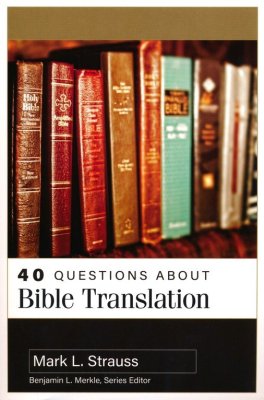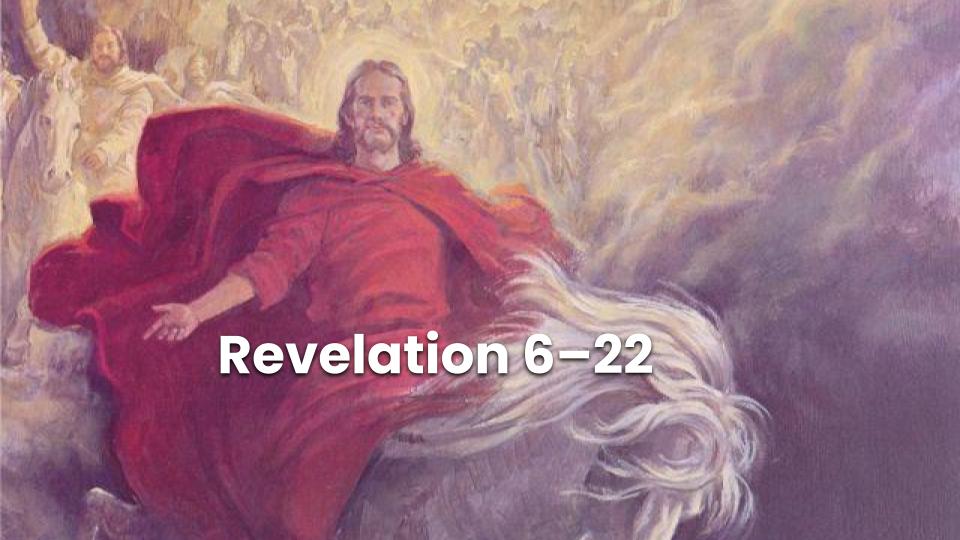This post I authored was recently published by LDS Living. Reposting here.
In the year 450 BC, God put it into Nehemiah’s heart to rebuild the wall around Jerusalem, which had been destroyed in a previous century. While in the process of rebuilding the walls, Nehemiah’s associates discovered a key problem: “There is much rubbish; so that we are not able to build the wall” (Nehemiah 4:10). The clutter prevented construction. Thus, the first order of business was to get rid of the rubbish.
Although we do not struggle to rebuild fortifications around a city, a parallel problem prevents many of us from finding peace: we have too much rubbish, or clutter in our lives. This can take many forms, including purchasing and storing unnecessary items. It can include committing to and participating in activities that might be good but not the best use of our time. A multitude of digital distractions, including addictive apps and social media, can also be clutter that distracts us from our core purposes in life.
Whether the clutter in our lives is possessions, activities, or digital distractions, the key for getting rid of it is to decide carefully what we will not do. What will we notpurchase, notcontinue to maintain/store/upgrade, and what digital and physical activities will we say no to, both now and in the future? Sometimes we hear messages inviting us to dothings in our lives but, in many instances, an equally important question is, “What will I not do?”
Alma the Younger faced a situation in which he did not have enough bandwidth to do everything he needed to accomplish. He was the chief judge (the highest civil position among the Nephites) and the high priest (the highest ecclesiastical position in the Church). Recognizing that he didn’t have time to perform both roles adequately, he needed to decide which position he would eliminate.
Alma chose to let go of his role as the chief judge so that he could focus on his role as the high priest (see Alma 4:18–19). Being chief judge was not a bad thing, but it was preventing Alma from doing more important things, like personally visiting the people (see Alma 7:2).
Giving up an important position was likely hard for Alma, and it will not be easy for us to determine which areas in our lives need pruning. Nevertheless, it is a vital skill to be able to decide, “What will I not do?” All of us face different situations, and our surpluses of time and money vary widely. Although the specific applications will vary, as we thoughtfully and prayerfully consider what we will not purchase, not keep, and what activities we will notdo, we will find greater peace. I love these words from Sister Michelle D. Craig: “Peace comes in knowing that being more does not necessarily equate to doing more.”
See more thoughts on about “what will I not” do in this video:






